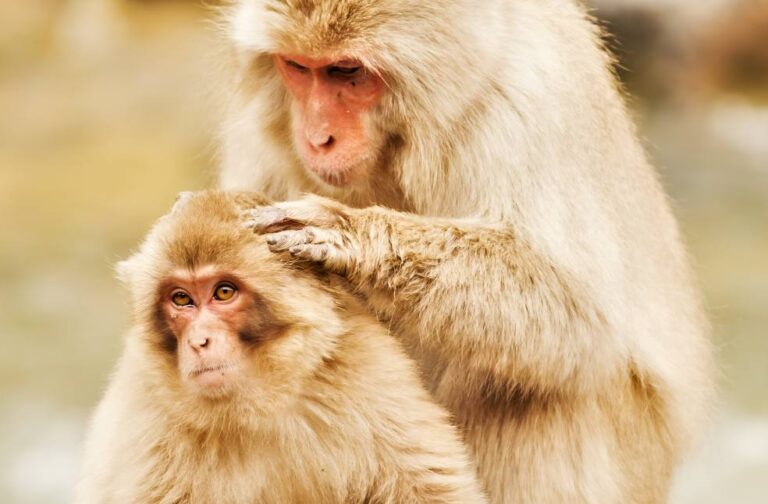Australia: Launceston City Park’s Japanese macaques, a beloved attraction in Tasmania for over four decades, will slowly disappear after a council’s sterilisation decision for the males in the troop. The move, aimed at addressing concerns about inbreeding and overcrowding, was passed in a 10-1 vote .
The troop, originally gifted by Launceston’s Japanese sister city, Ikeda, in 1980, consists of 26 macaques, including two newborns and one pregnant female. The council’s decision confirms that no future breeding will take place, with desexing expected to take two years to complete.
Launceston Mayor Matthew Garwood emphasised the decision was made in the monkeys’ best interests, citing health issues linked to a lack of genetic diversity. Veterinary advice underscored signs of miscarriages and stillbirths, and experts warned continued breeding would negatively affect the troop’s wellbeing.
Garwood explained that under Australia’s strict importation laws, no new monkeys can be introduced to the enclosure. Garwood explained that, “The inability to raise new genetic stock and the serious impacts on their health and wellbeing means we need to think about the future of the troop.”
While sterilisation decision was deemed the most humane option, concerns remain about its impact on the monkeys’ social dynamics. Former zoologist Graeme Crook warned that preventing natural breeding behaviours could lead to psychological stress and unusual behaviour among females.
The Japanese macaques have been an enduring symbol of Launceston’s City Park, alongside historical exhibitions of thylacines, brown bears, and deer. However, community attitudes towards keeping animals in captivity are shifting.
Councillor Andrea Dawkins, an animal welfare advocate stated that, “Animals in captivity purely for the pleasure of people is something that we’ve moved through.” Launceston’s sister city, Ikeda, is home to a 35-year-old wombat gifted decades ago by Launceston – the world’s oldest known wombat. Mayor Garwood plans to write to Ikeda’s mayor to explain the council’s decision.
Not everyone agreed with the plan. Councillor Joe Pentridge, the sole dissenting vote, criticised the move, claiming sterilisation would not solve overcrowding or management issues. Despite differing opinions, Launceston officials are dedicated to providing high-quality care for the macaques as they age, ensuring the troop remains a part of the community for the next few decades.



